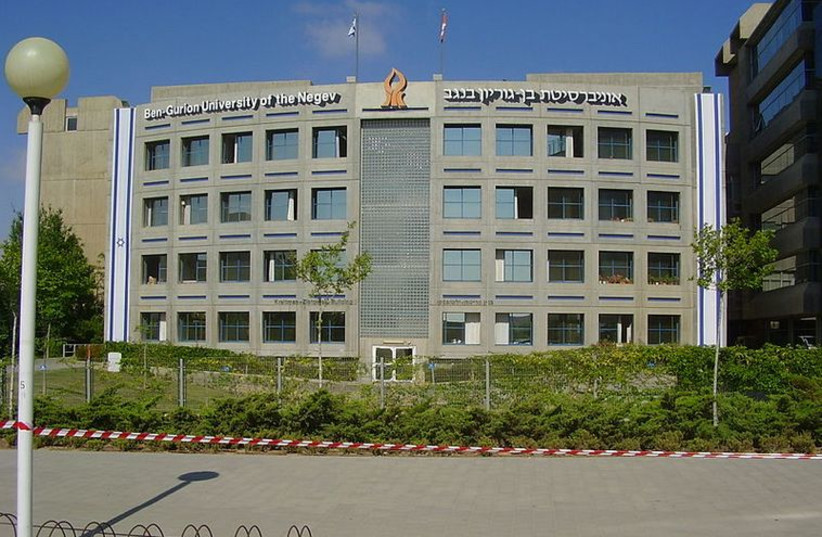Scientists from Ben-Gurion University of the Negev have made a potentially revolutionary discovery regarding the biological function of an anti-cancer peptide as a protein kinase inhibitor.
Peptides are short chains of amino acids linked by peptide bonds. Long molecules made of peptide units are what we known as proteins, and protein kinases are enzymes that can change a protein’s function. The researchers’ discovery, which focused on a naturally occurring peptide from the non-coding region of mRNA, could greatly contribute to how we treat cancer in the future.
MRNA, or messenger ribonucleic acid, plays many key roles in human biology, including coding for proteins that each have different functions. Around 40% of mRNA in a particular region contains sequences that code for short peptides, though until recently scientists believed the region was what’s referred to as “non-coding,” and did not know if the short peptides had a function.
In their research, the scientists were able to isolate and confirm that one of the short peptides acts as a kinase inhibitor, meaning it inhibits the progression of cancer between the stages of cancer cell development through metastasis. Proteins send signals to cells that provide them with certain instructions, and the researchers from BGU proved for the first time that the inhibitors were able to block messages carried by the kinase telling cancer cells to divide.
"Clearly demonstrating the role of this peptide is just the tip of the iceberg," explains Etta Livneh, professor and member of the Faculty of Health Sciences at Ben Gurion University. "Now that we know that at least some peptides have a biological function, we can begin to discover the roles of many more."

Professor Livneh collaborated in this research with Professors Esti Yeger-Lotem and Moshe Elkabets. Additional researchers included Divya Ram Jayaram, Sigal Frost, Chanan Argov, Vijayasteltar Belsamma Liju, Nikhil Ponnoor Anto, Amitha Muraleedharan, Assaf Ben-Ari, Rose Sinay, Ilan Smoly, Ofra Novoplansky, Noah Isakov, Dr. Debra Toiber, Chen Keasar.
The research was supported by The Israel Science Foundation (Grant No. 2368/19).
